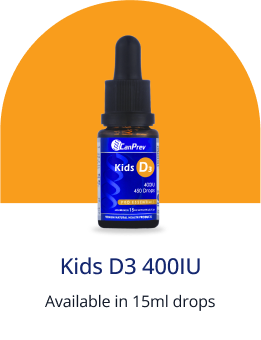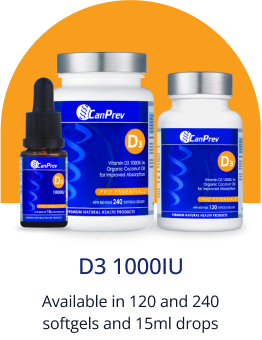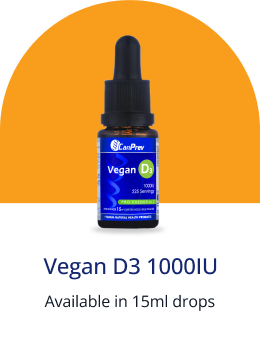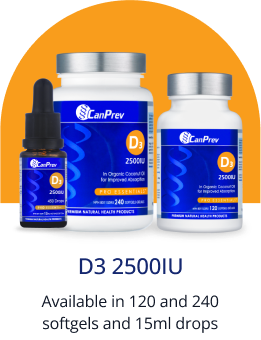A splash of sunshine
through every season.
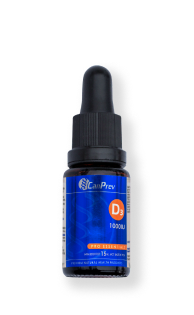
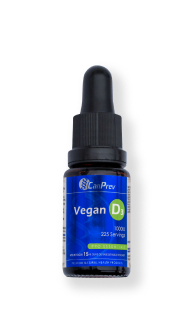
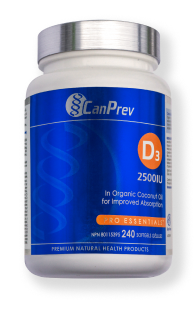
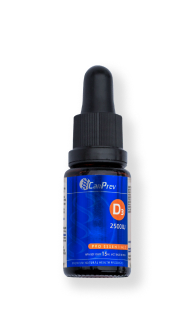
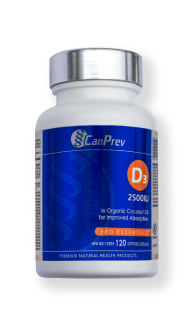
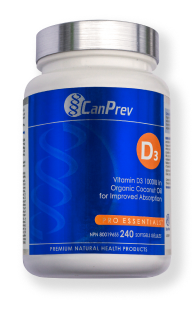
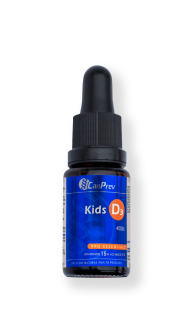
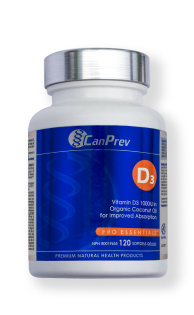
Using only the purest and most natural ingredients, our Vitamin D line contains highly bioavailable and potent doses of the sunshine vitamin. Packaged into easy to administer formats, these products are designed to naturally support your strength and immunity.
- Supports healthy immune function
- Builds strong bones and teeth
- Helps reduce the risk of osteoporosis
- Supports calcium and phosphorus absorption
Meet the sunshine vitamin.
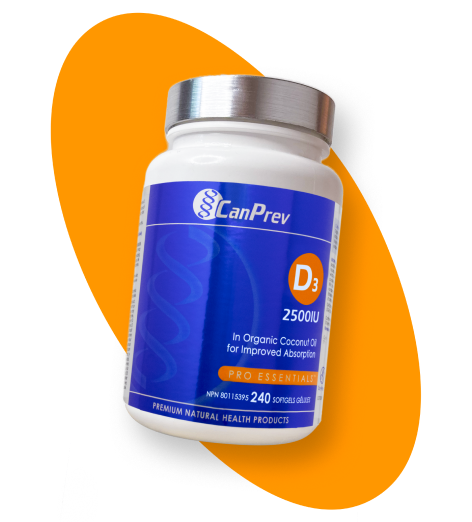
Explore our vitamin  formulas
formulas
Discover your D3 match.
Skip the guesswork. Take this quick and easy quiz to find the D3 formula that fits your needs.
How  works
works
in the body.

How  works
works
in the body.
We choose D3 for our supplements due to its natural ‘sunshine’ synthesis in the body, offering superior absorption. Unlike Vitamin D2, which is photosynthesized in plants, mushrooms and yeast, D3 is the most natural and easily absorbable form of Vitamin D.
Stored in the body’s fat cells
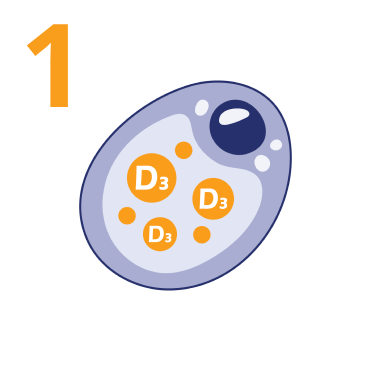

Supports mood regulation
Aids calcium absorption
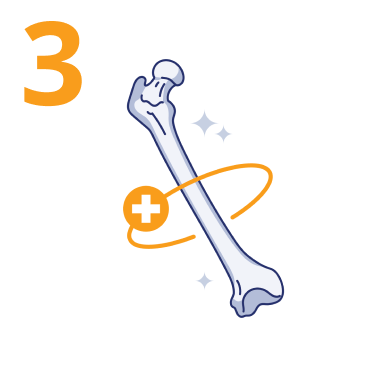

Reinforces immune function
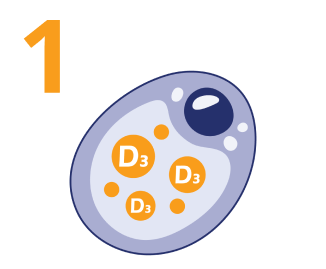
Stored in the body’s fat cells

Supports mood regulation
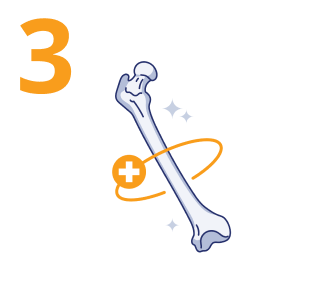
Aids calcium absorption

Reinforces immune function
Shining a light on D3 for a brighter, healthier you.
Unfortunately, it seems that it’s not always possible to get all the vitamin D we need from the sun alone. More than 50% of Canadians are deficient in vitamin D3, with frosty weather and cloudy days as the main culprits behind limited sunlight exposure during the colder months.
Well, it’s a bit of a treasure hunt as there aren’t a ton of natural sources of vitamin D in food. Fatty fish, including salmon, tuna, and mackerel, contain vitamin D. Small amounts of vitamin D can also be found in cheese and egg yolks. Additionally, certain food products, such as milk are fortified with vitamin D, meaning that the vitamin has been added to enhance its nutritional content.
Did you know that some cities in Canada can experience less than 40% of sunshine every year? Brr! Winter can bring lower levels of vitamin D for some people as during the colder months, your body may absorb less vitamin D. Reduced exposure to sunlight and decreased time spent outdoors means you may miss out on the usual absorption of Vitamin D through your skin.
Excessive vitamin D is quite rare. The upper limit for adults is 100 micrograms (4000 IU). Since many people don’t meet the recommended daily intake of 15 micrograms, the risk of overconsumption is low. However, if it occurs, it can lead to toxicity, causing symptoms like nausea, vomiting, and weakness.

Join CanPrev Community
If you’re searching for a community that can provide you with a constant source of education, inspiration, knowledge, and empowerment, CanPrev Community is the perfect place for you!
